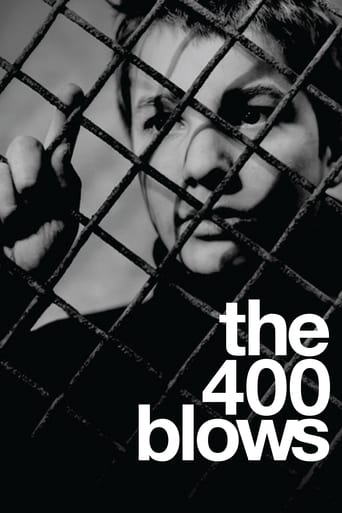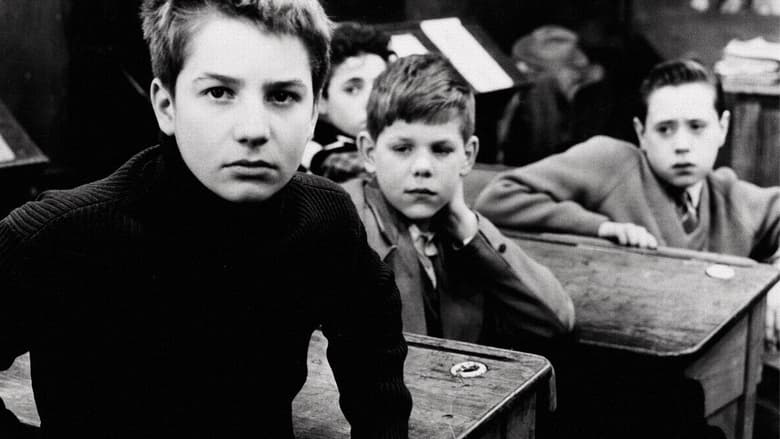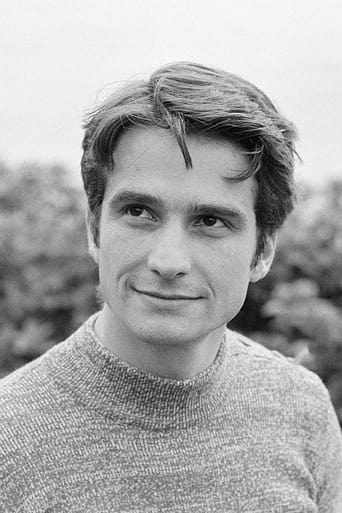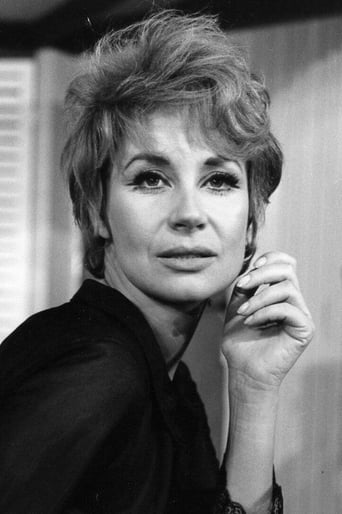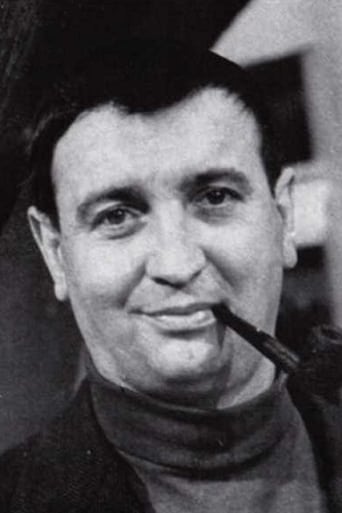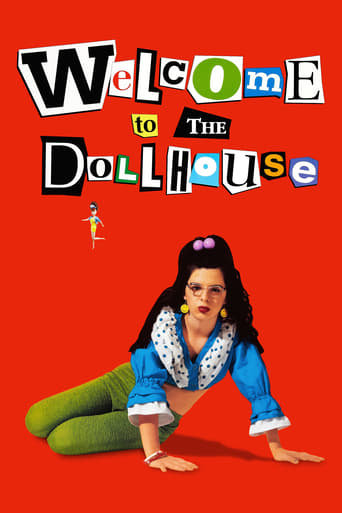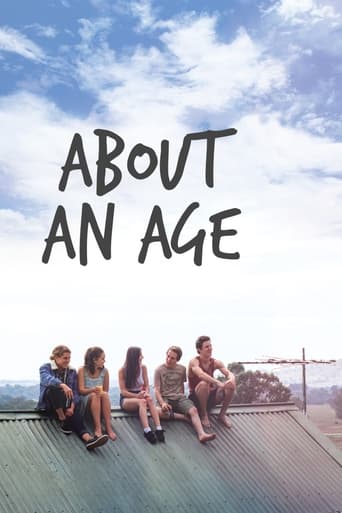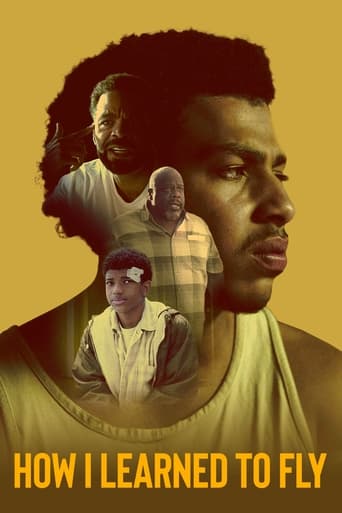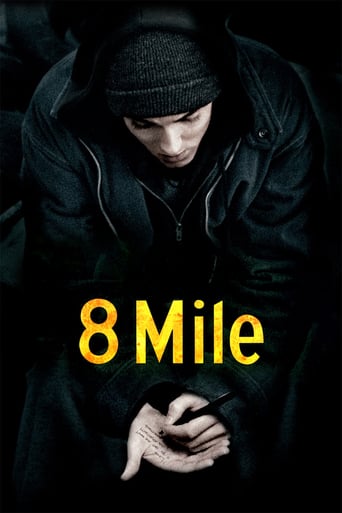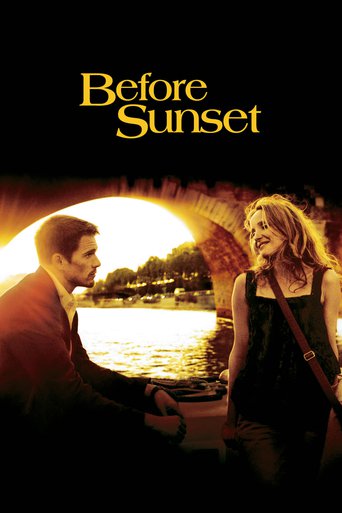The 400 Blows (1959)
For young Parisian boy Antoine Doinel, life is one difficult situation after another. Surrounded by inconsiderate adults, including his neglectful parents, Antoine spends his days with his best friend, Rene, trying to plan for a better life. When one of their schemes goes awry, Antoine ends up in trouble with the law, leading to even more conflicts with unsympathetic authority figures.
Watch Trailer
Free Trial Channels
Cast


Similar titles
Reviews
The performances transcend the film's tropes, grounding it in characters that feel more complete than this subgenre often produces.
The movie is wonderful and true, an act of love in all its contradictions and complexity
The movie's neither hopeful in contrived ways, nor hopeless in different contrived ways. Somehow it manages to be wonderful
Close shines in drama with strong language, adult themes.
Francois Truffaut's "The 400 Blows" was one of the films that set the French New Wave in motion, but whereas many of its peers stand out mostly for their experimentation, "The 400 Blows" offers deeper human truth in addition to innovative filmmaking technique.In a clearly a semi-autobiographical story, the film focuses on a young boy (Jean-Pierre Leaud) in his emerging teens who doesn't care much for school, isn't emotionally well cared for at home and endeavors to live "the wild life" (to use the more accurate translation of the film's title) with help from his friend Rene (Patrick Auffay). The film consists not of a narrative arc, but of a series of episodes lined up like dominoes, where the choices and consequence of one sequence have obvious implications on the next. Whether you were more the delinquent type in school or not, there's an innocence to Antoine Doinel that makes it difficult not to connect with his experience. Skipping school, running away from home, talking back to the teacher, lying to adults - none of these applied to my childhood, but I also didn't grow up with a cheating mother who found me annoying, a mostly spineless father and teachers more interested in discipline than trying to understand any misbehavior. Although Antoine's choices are ultimately his own, there are so many ways his childhood course could have been corrected, rather than the route his parents and teachers chose to correct it. His desire to avoid and run away represents a universal yearning to escape people and systems that fail us. By the end of the film, we recognize that his choice to act on that impulse shows bravery, not a rogue avoidance of a path to redemption.Truffaut does lots of interesting stuff with the camera in this film, but it's that purity of story that makes "The 400 Blows" a classic. He also has this cynical sense of humor that complements the more dramatic notes and harsher truths of the story. We sense Truffaut's own impishness in the way he depicts Antoine's day-to-day exploits and his attitude toward the adults in the film.The desire for freedom almost poetically fits with what Truffaut brings from a filmmaking perspective to his feature debut. From long tracking shots to the visually unforgettable spinning centrifuge carnival ride sequence, the film occasionally takes these moments of respite from the narrative to let us sit with a particular feeling or emotion. Often, there's a humor associated with these moments too. He even tries a few transitions and camera tricks that by today's standards feel dated or cliche, but the spirit remains.Nevertheless, style feels secondary to story in a way that it doesn't with the films released in close proximity to it including Resnais' "Hiroshima Mon Amour" and Godard's "Breathless." Those films touch upon some interesting themes and ideas, but "The 400 Blows" will connect with a wider audience and should resonate for many more decades into the future.~Steven CThanks for reading! Visit Movie Muse Reviews for more
I don't care at all for labeling. I mean by that whether a film was a leading pioneer in one field or another, that doesn't impact the rating it should be given. A film should be judged on account it's a film, full stop. And this right here isn't the most unbelievable you'll have seen in your lifetime, but it's certainly one of the good ones. So realism or neo-this and neo-that, I don't care: this film is certainly well made however.The first thing that should be said is it's well paced: we're not given a moment of respite or any time to think about what's missing, it's just hard-hitting events and news, all sequenced in a very fluid and solidly crafted development. Dialog is good, all characters well written and, of course, realistic as this is the main goal of this production: to deliver a tale that rings true in its every breath but that provides poetry and strong deeper meaning to that daily struggle. The film isn't so much a metaphor or such as it is an ode to the roughness of the real world. It's completely ruthless, it's harsh, but not oppressive...just like life is.The kid playing the lead character, a then fifteen year old Léaud, handles his protagonist's part incredibly well. And it's telling in and of itself a child however talented would understand and take to the role so spontaneously well: his character is the child many of us have been, a symbiotic mixture of mischievousness and innocence that makes us incomprehensible and unbearable to the world around us.Very lyrical, symbolic ending - that may or may've not inspired a Stephen King as he was writing one of his most famous pieces (brought to the big screen in the mid 90's) ?.. Strong film: 8/10.
Whenever the phrase 'French New Wave' gets mentioned, among the few films that someone thinks of, one of them will always be 'The 400 Blows'. This film is the one that made the 'French New Wave' movement famous all around the world. This movement revolved around the internalisation of a confluence of influences and then the execution of something unique, real and personal with the help of those influences as well as new revolutionary ideas. While watching 'The 400 Blows' one can see the dedication to realism in terms of shooting on location which can be found in Italian neo-realism, one can find a fluidity in the camera movement that is reminiscent of Hitchcock and Max Ophüls, one can find the precise use of lighting to make the shadows prominent in certain scenes similar to film-noir or German expressionism, one can also find a bit of poetic realism reminiscent of Renoir and Satyajit Ray. But François Truffaut elevates the film from being a merely experimental piece of work paying homage to his influences to a greatly touching piece of work through the tender treatment of characters, intimate exploration of themes and expressive editing techniques which make his film as personal as can be.The film's opening credits are accompanied by a montage of tracking shots in the streets of Paris with the Eiffel Tower being a constant presence. Through this creative choice, Truffaut instantly establishes the setting of the film. This maybe a personal story about the troubles of a young boy, but it is also a film about the disintegration of the French urban family structure and the deterioration of parental attention and guidance. Antoine' parents, though not being complete monsters, seem not interested in their child's life. Antoine also gets constantly victimised at school due to the overt dictatorship of the teachers. A character at one point in the film remarks about the mysteries of what goes on in Antoine's head. The tragedy is that no one tries to understand his mindset. Antoine gets burdened with limitless housework and is deprived of the freedom that he constantly seeks during the film. Although this has a Dickensian quality to it, Truffaut never undermines the fact that Antoine truly does engage in questionable activities which gradually proceed to petty criminal acts. He merely tries to view everything from Antoine's perspective to understand the reasons and the scenarios that could've driven him to such actions.The pursuit of freedom is a very important theme in the film. There are a number techniques through which Truffaut underlines this. There are constant images of bars and fences superimposed over Antoine to express his thematic confinement. The interiors of Antoine's family's apartment are made to look particularly claustrophobic which makes the cinema verite scenes on location in the streets of Paris look very refreshing. Truffaut uses appropriate music very creatively at just the right times to underline emotions. The editing is creative and was revolutionary at the time. There are long takes, rapid dissolves and some frantic cuts(there is a remarkable cut from one panning shot to another) that accentuate Truffaut's inventive directorial ideas. There is one particular scene in the film, where Antoine walks down the stairs to dump the garbage which blew me away due to the subtle and intricate details that Truffaut inserts at every moment of the scene. From the sudden appearance and disappearance of the French National Anthem on the radio in an adjacent room to the flickering light when the garbage is being dumped, the whole scene is masterfully directed.Jean-Pierre Léaud is almost pitch perfect as the young Antoine. He has the most expressive eyes. There are moments where his voice modulation, his eye movements and general mannerisms are almost absurdly convincing for a first time child actor and of course Truffaut deserves credit for getting such a layered performance out of him.'The 400 Blows' is a film which richly deserves its accolades and acclaim. It is a deeply personal film that tries to understand the world from the perspective of a young boy who has been deemed a lost cause by his family and the society. The fact that this is a loosely auto-biographical piece of work, makes the film as a whole as well the last few moments of the film extremely poignant.
a young boy growing up in Paris during the 1950s. Misunderstood at home by his parents for wagging school and stealing things and tormented in school for discipline problems by his teacher (Guy Decomble) (Antoine falsely explains his being away from school was due to his mother's death), Antoine frequently runs away from both places. The boy finally quits school after being caught plagiarizing Balzac by his teacher. He steals a typewriter from his stepfather's (Albert Remy) work place to finance his plans to leave home, but is apprehended while trying to return it.Antoine Doinel in the final scene The stepfather turns Antoine over to the police and Antoine spends the night in jail, sharing a cell with prostitutes and thieves. During an interview with the judge, Antoine's mother confesses that her husband is not Antoine's biological father. Antoine is placed in an observation center for troubled youths near the seashore (as per his mother's wishes). A psychologist at the center probes reasons for Antoine's unhappiness, which the youth reveals in a fragmented series of monologues.

